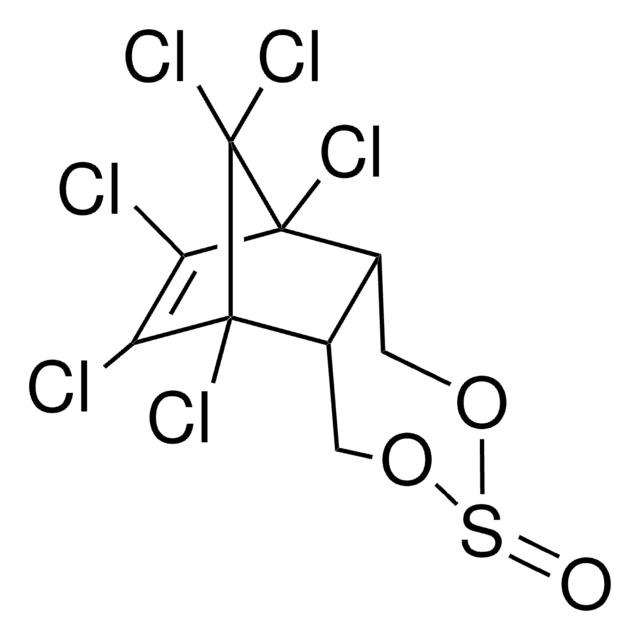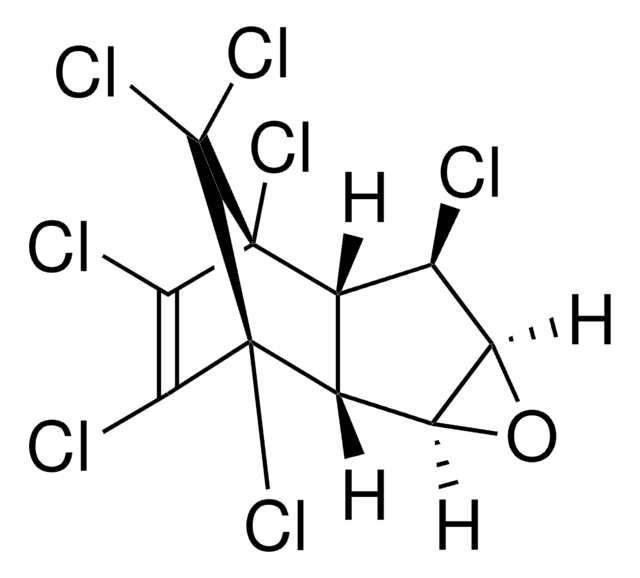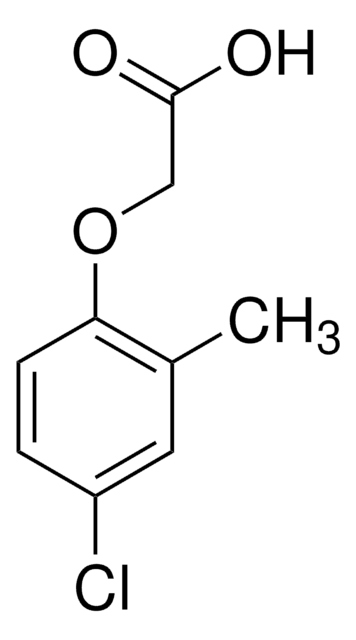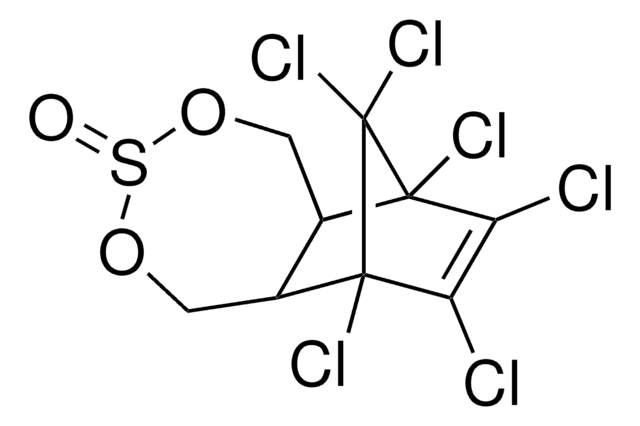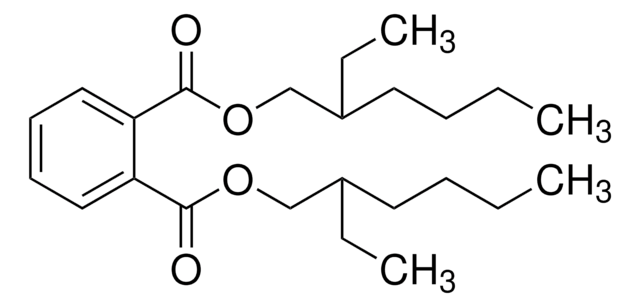608254
Algal crude protein extract-13C,15N
98 atom % 15N, 98 atom % 13C
Sign Into View Organizational & Contract Pricing
About This Item
MDL number:
UNSPSC Code:
12352202
Note: This product can be packaged on demand. For information on pricing, availability and packaging of custom sizes, please contact Stable Isotopes Customer Service
Recommended Products
isotopic purity
98 atom % 13C
98 atom % 15N
Quality Level
form
solid
availability
not available in Japan
storage temp.
−20°C
Looking for similar products? Visit Product Comparison Guide
Related Categories
Packaging
This product may be available from bulk stock and can be packaged on demand. For information on pricing, availability and packaging, please contact Stable Isotopes Customer Service.
Storage Class Code
11 - Combustible Solids
WGK
WGK 3
Flash Point(F)
Not applicable
Flash Point(C)
Not applicable
Choose from one of the most recent versions:
Certificates of Analysis (COA)
Lot/Batch Number
Don't see the Right Version?
If you require a particular version, you can look up a specific certificate by the Lot or Batch number.
Already Own This Product?
Find documentation for the products that you have recently purchased in the Document Library.
Tetraarylphosphonium Halides as Arylating Reagents in Pd?Catalyzed Heck and Cross?Coupling Reactions.
Hwang L K, et al.
Angewandte Chemie (International Edition in English), 44(38), 6166-6169 (2005)
Oxoperoxo molybdenum (vi) and tungsten (vi) and oxodiperoxo molybdate (vi) and tungstate (vi) complexes with 8-quinolinol: synthesis, structure and catalytic activity.
Maiti S K, et al.
New. J. Chem., 29(4), 554-563 (2005)
Efficient Perovskite Solar Cells with Reduced Photocurrent Hysteresis through Tuned Crystallinity of Hybrid Perovskite Thin Films.
Qi J, et al.
ACS Omega, 3(6), 7069-7076 (2018)
Denice C Bay et al.
Biochimica et biophysica acta, 1798(3), 526-535 (2009-12-29)
Escherichia coli multidrug resistance protein E (EmrE) is a four transmembrane alpha-helix protein, and a member of the small multidrug resistance protein family that confers resistance to a broad range of quaternary cation compounds (QCC) via proton motive force. The
Jae Sung Lee et al.
The Journal of neuroscience : the official journal of the Society for Neuroscience, 28(32), 7945-7953 (2008-08-08)
At the immature calyx of Held, the fast decay phase of a Ca(2+) transient induced by tetanic stimulation (TS) was followed by a period of elevated [Ca(2+)](i) for tens of seconds, referred to as posttetanic residual calcium (Ca(res)). We investigated
Our team of scientists has experience in all areas of research including Life Science, Material Science, Chemical Synthesis, Chromatography, Analytical and many others.
Contact Technical Service

